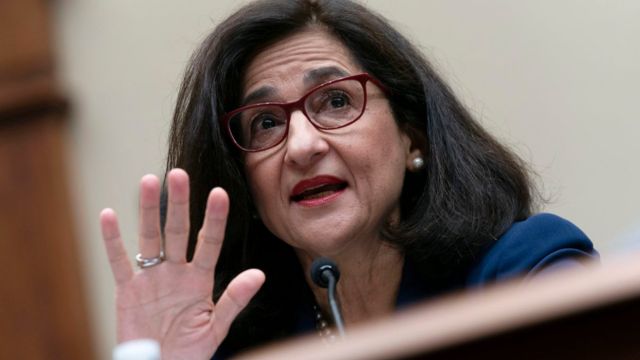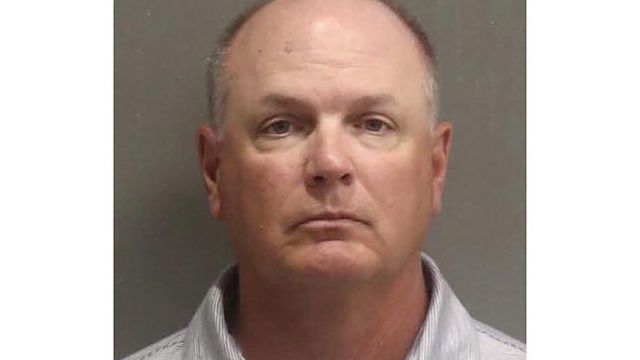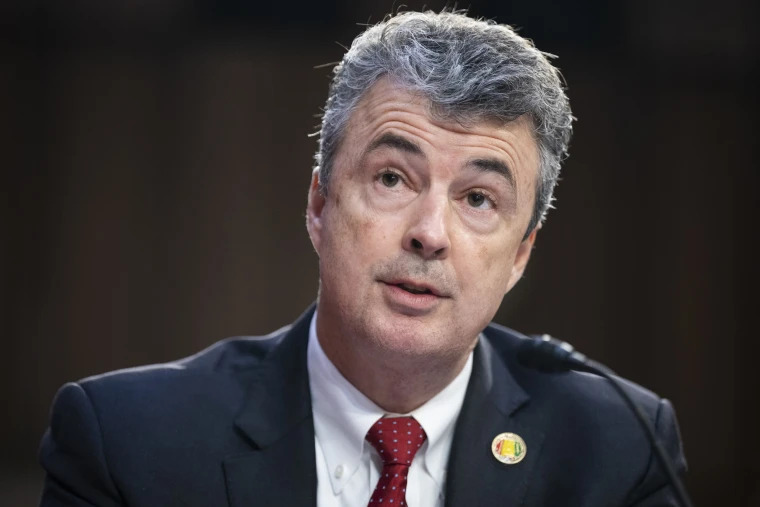A report from the president of Columbia University on Monday said that talks between pro-Palestinian student protesters and university leaders have broken down.
Administrators have been in talks with protesters for most of the last week. The protesters wanted the college to stop supporting Israel. Dozens of people have been arrested, and because of the trouble, the school moved to virtual learning.
Columbia’s president Nemat Minouche Shafik said in a statement on Monday that “regrettably, we were not able to agree.”
It was written in the letter that the “university will not divest from Israel,” but that it had offered to make a “expedited timeline” for reviewing new ideas with the Advisory Committee for Socially Responsible Investing.
Students who have set up camp on the college grounds in upper Manhattan were told by Ms. Shafik to “voluntarily disperse.”
She also said that the university is “talking to a wider group of people in our community to look into other internal options to end this crisis as soon as possible.”
The school told the protesters that they had to leave by Monday at 2 p.m. EST or they would be suspended.
The president of the school also asked the protesters to think about their peers’ upcoming commencement ceremonies, pointing out that many of the students graduating this year did not get to celebrate their high school graduations because of the pandemic.
“We also don’t want to keep thousands of students, their families, and friends from having a graduation party,” Ms. Shafik wrote. “Please remember that many of the people in this graduating class did not have a party when they graduated from high school because of the pandemic. Also, many of them are the first people in their families to go to college and get a degree.”
At first, the university gave the protesters until midnight on April 22 to come to a deal with the administration or be kicked out.
The students who led the protest in Gaza have also asked the school to forgive students who were punished because of the protest. That demand wasn’t talked about in Ms. Shafik’s letter.
Almost everyone has said bad things about Ms. Shafik. Protesters and teachers have criticized her for calling the police to break up the camp on April 18 and for how she handled the protest as a whole. More than 100 protesters were arrested at the end of the day.
It’s not just Ms. Shafik who has spoken out against the protesters in Gaza. House Speaker Mike Johnson is one example. Last week, the Republican leader went to Columbia’s campus to scold the protesters and tell Ms. Shafik she should step down if she didn’t stop the protests right away.
“Today, along with my colleagues, I call on President Shafik to step down if she can’t immediately bring order to this chaos,” he said in his speech on April 24.
Even though she was asked to step down, Ms. Shafik didn’t, and the university kept talking with the students. A university representative told reporters that they had nothing else to say about what Ms. Shafik said.




